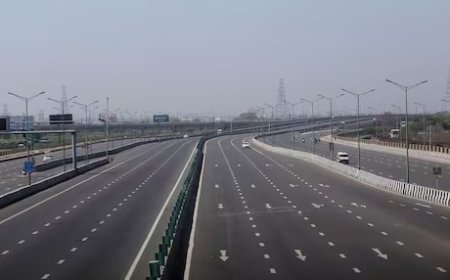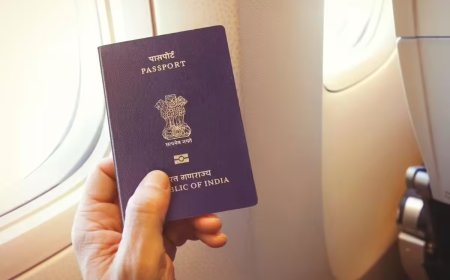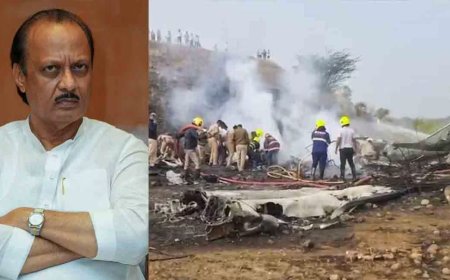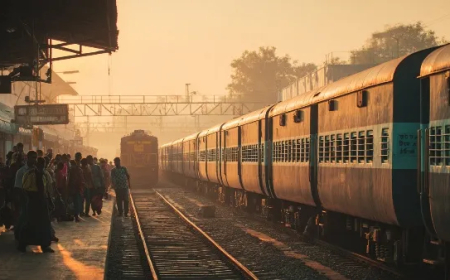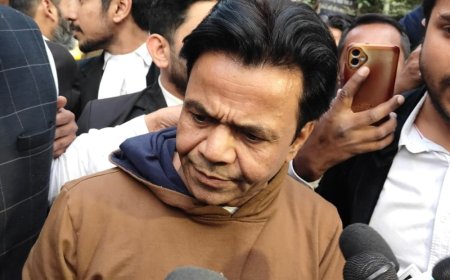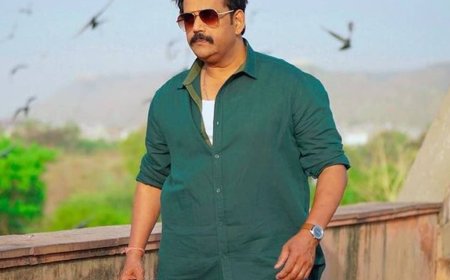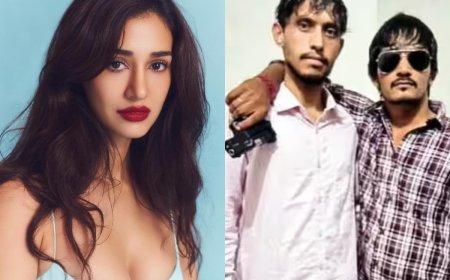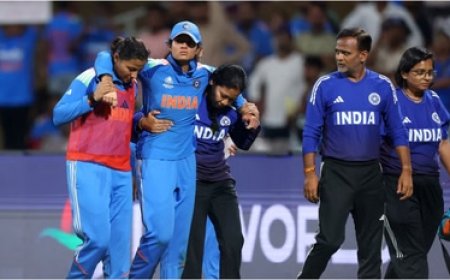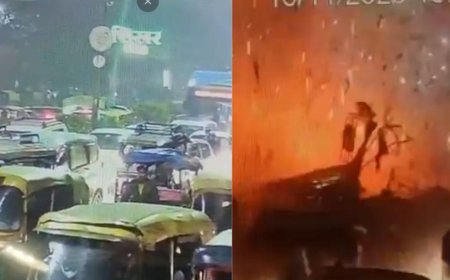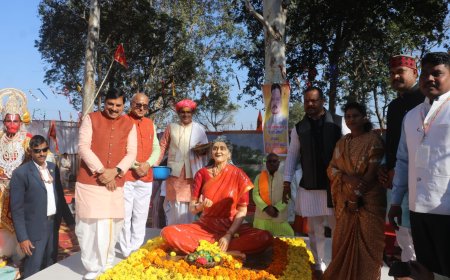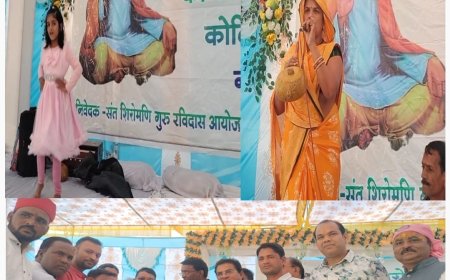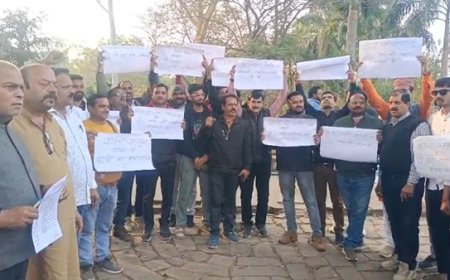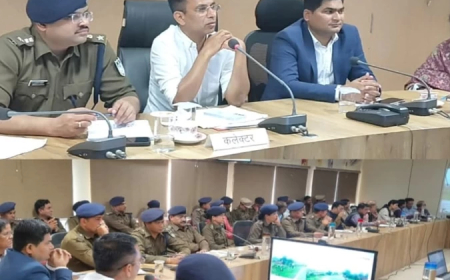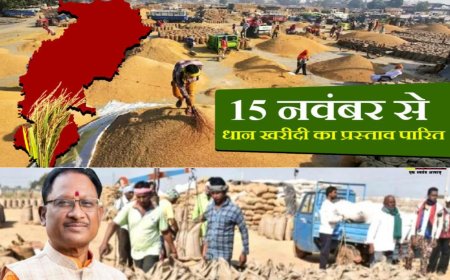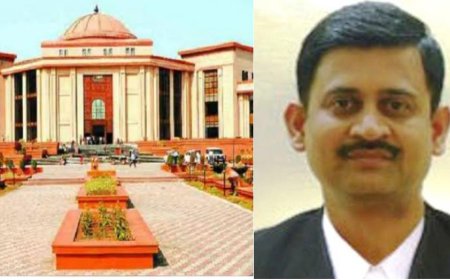Dhamtari Custodial Death: A Horrific Picture of Police Brutality in a Democracy
The Dhamtari custodial death exposes the cracks in democracy and highlights the urgent need for police reform, accountability, and protection of human rights.
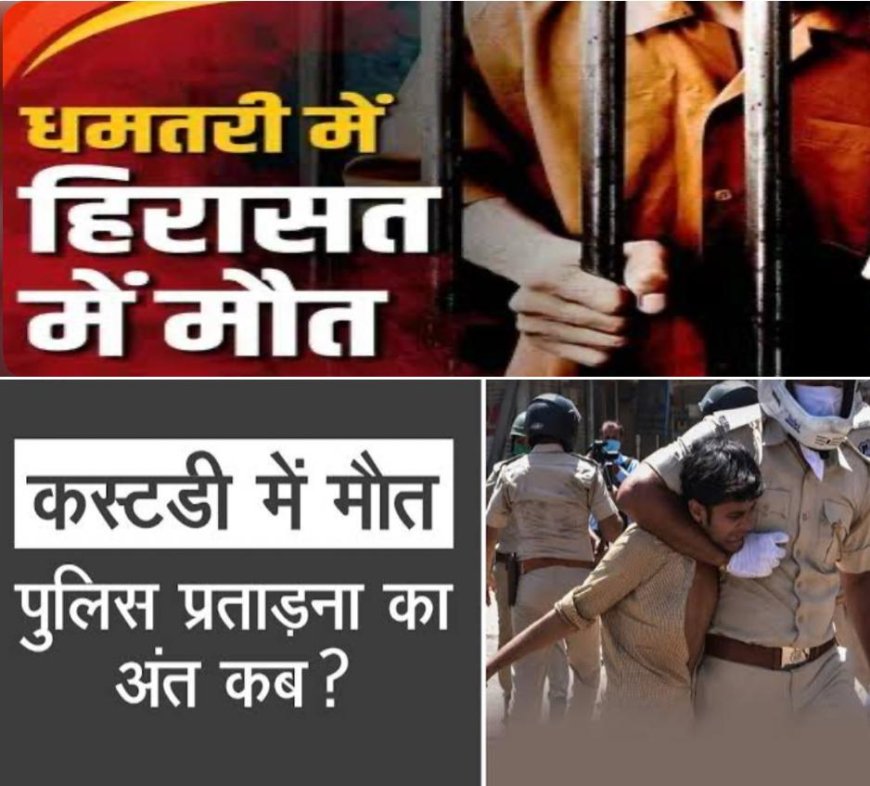
CURATED BY – RAJEEV KHARE | CITYCHIEFNEWS
The death in police custody in Dhamtari, Dhamtari district, is no ordinary incident. It is not just the death of an individual, but a manifestation of the weakness of the democratic system where fundamental rights guaranteed by the Constitution are trampled under the police's boots.
The Story Behind the Death
A young man arrested on fraud charges was healthy when he arrived at the police station after a court appearance. A few hours later, his body was taken from the hospital under police protection. The post-mortem report revealed 24 injury marks and confirmed death due to suffocation, which shattered the police's narrative of a "sudden deterioration."
Judicial Seal of "Custodial Brutality"
The High Court rightly declared this to be "custodial brutality." This statement by the court is not merely a comment, but a warning. Article 21 of the Constitution—the right to life—is most vulnerable when citizens themselves are under the protection of the state. Police stations and jails are a test of democracy. If atrocities occur there instead of justice, it is a direct attack on democracy.
The Question of Accountability
It was assumed that the state government fulfilled its responsibility by announcing suspension and compensation in the case. But is this enough? The question is:
• Does the suspension of just one police station officer clean up the entire system?
• Can the compensation amount compensate for the loss of a citizen's life and the pain of his family?
• And will accountability be ensured up to higher officials?
In our country, custodial deaths are often dismissed as "unfortunate." But each such death leaves a dark mark on police functioning and human rights.
The Need for Police Reform
Police reform has been discussed in India for decades. The Supreme Court also issued several landmark orders—such as the 2006 case of Prakash Singh vs. Union of India—directing the police to be free from political pressure and to ensure accountability. But the reality is that states have shied away from implementing them.
This Dhamtari incident once again reminds us that without independent investigation mechanisms, CCTV surveillance, and robust internal control systems, police custody will always remain a hotbed of fear and apprehension.
Human Rights vs. Crime Control
It is often argued that dealing strictly with criminals is the key to maintaining law and order. But this thinking is dangerous. If the state itself starts breaking the law, what will citizens have left to trust? If someone loses their life in police custody in the name of dealing with criminals, it sends a chilling message to society as a whole—that the law is not a tool for justice, but a tool for violence by the powerful.
The Way Forward
Some clear lessons from the Dhamtari incident are:
1. Independent Investigative Agency: Every death in police custody should be investigated by an independent agency to ensure impartiality.
2. CCTV Surveillance: Ensure CCTV cameras in police stations and detention cells are monitored, and their recordings should be made public.
3. Individual accountability: Responsibility should be fixed not just on lower officers, but on the entire command chain.
4. Human rights training: It is important to teach the police force that crime control and human rights violations are two different things.
5. Judiciary activism: Courts should take suo motu cognizance of such cases and take prompt action.
This custodial death in Dhamtari is not an isolated incident, but part of a system in which police "power" often outweighs citizens' rights. If democracy is to be truly strengthened, the state must recognize that police stations and jails are not merely centers of crime control, but the ultimate test of human rights.
Repeated failures on this criterion raise questions not only about the police, but about the entire democratic structure. And this very question stares us all in the face of that corpse in Dhamtari.
What's Your Reaction?
 Like
0
Like
0
 Dislike
0
Dislike
0
 Love
0
Love
0
 Funny
0
Funny
0
 Angry
0
Angry
0
 Sad
0
Sad
0
 Wow
0
Wow
0

